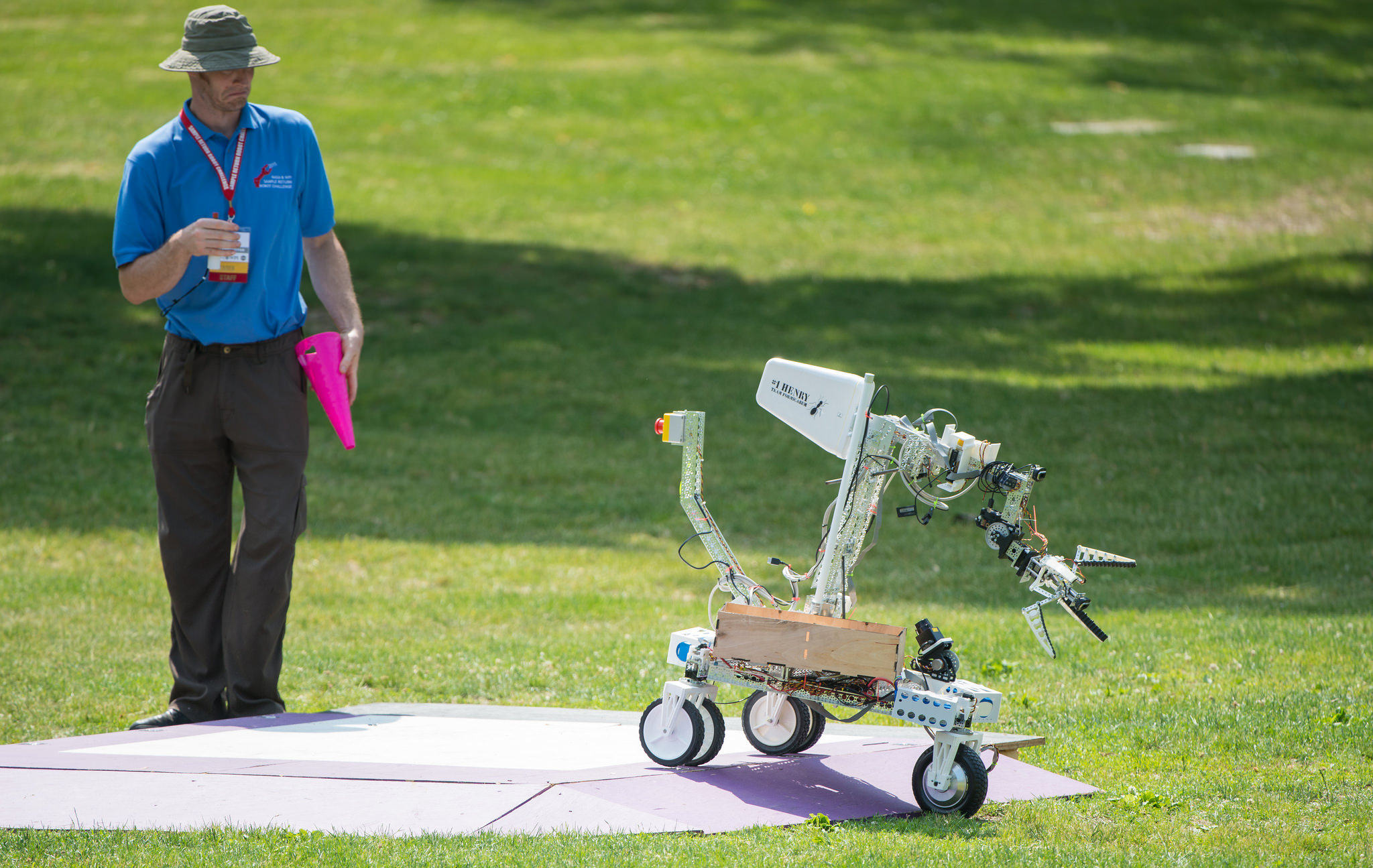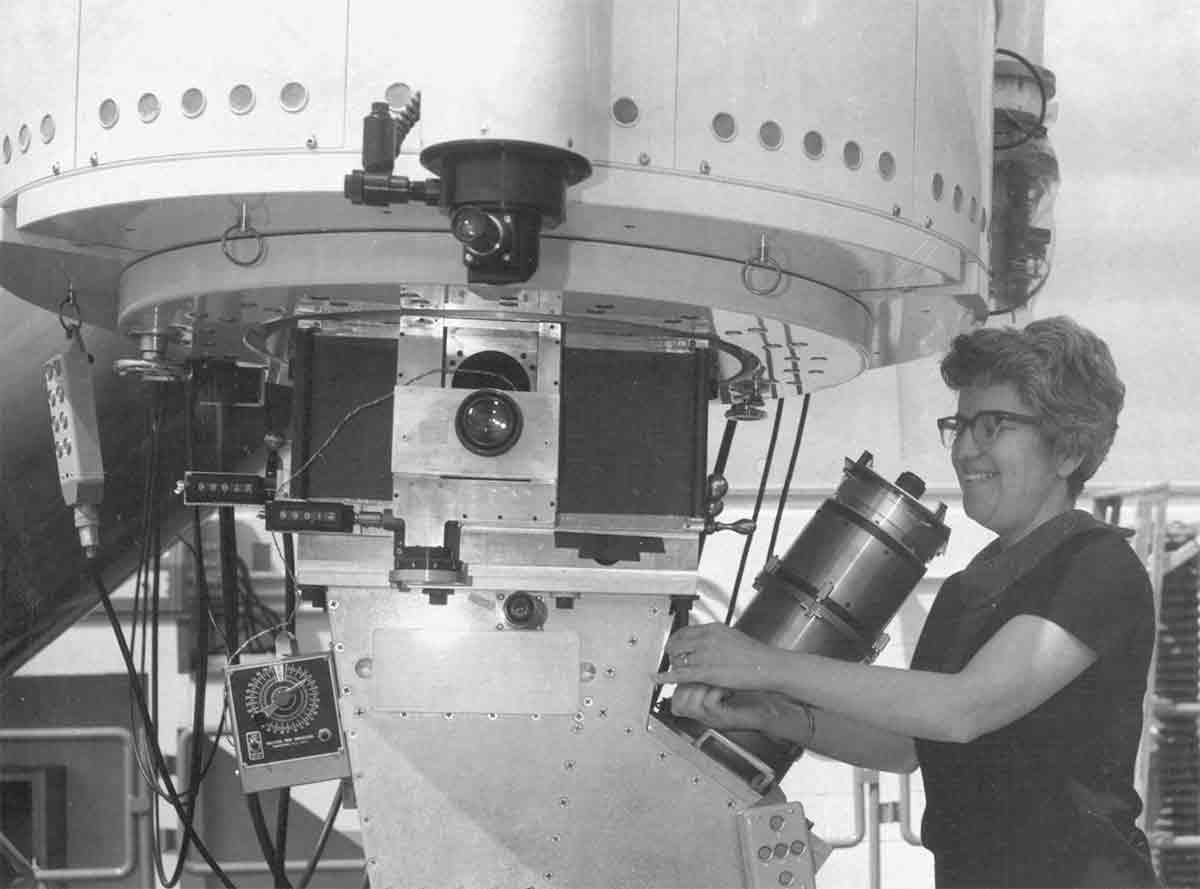Robots Face Off in $1.5 Million NASA Sample Return Challenge

Robot-toting teams faced off in a NASA contest this week to see which automaton has the right stuff for working on Mars or other locations in the solar system.
The fourth NASA Sample Return Robot Challenge, which ends today (June 13), offers a grand prize of $1.5 million to the winning team able to demonstrate robots that can collect geologic samples without any human help at all.
Developing technologies in autonomous navigation and robotic dexterity is one of the main goals of the challenge, NASA officials explained in a statement. The teams, which include universities and small businesses, have been facing off all week at Worcester Polytechnic Institute in Worcester, Mass. [The Best Space Robot Selfies]
"With missions to other planets and deeper space in our sights, it is increasingly valuable and necessary to see these technologies through," Sam Ortega, program manager for Centennial Challenges at NASA's Marshall Space Flight Center in Huntsville, Alabama, said in a statement.
"Robots are our pioneers, and solving this challenge will be a breakthrough for future space exploration."
There are two levels of competition available this year. In 2013 and 2014, the winners of Level 1 – Team Survey of Los Angeles in 2013 and the West Virginia Mountaineers of Morgantown – each received $5,000. These teams can each compete at Level 2 this year.
Other returning teams include:
Breaking space news, the latest updates on rocket launches, skywatching events and more!
- Formicarum of Worcester, Massachusetts
- Gather of Alexandria,Virginia
- Lunambotics of Mexico City
- Middleman of Dunedin, Florida.
- Oregon State University of Corvallis
- The Retrievers of Schenectady, New York
- Rensselaer Polytechnic Institute Rock Raiders of Troy, New York
- Wunderkammer of Topanga, California
New teams in 2015 are:
- Army of Angry Robots of Silicon Valley, California
- DT Bozzelli of Ann Arbor, Michigan
- MAXed OUT of San Jose, California
- Mind and Iron of Needham, Massachusetts
- Massachusetts Institute of Technology Robotics Team of Cambridge
- RoboRetrievers of Tampa, Florida
- Sirius of South Hadley, Massachusetts
- Smart Move of Clearwater, Florida
- Smart Tools of Gurnee, Illinois
- National Autonomous University of Mexico
Follow Elizabeth Howell @howellspace, or Space.com @Spacedotcom. We're also on Facebook and Google+. Originally published on Space.com.

Elizabeth Howell (she/her), Ph.D., was a staff writer in the spaceflight channel between 2022 and 2024 specializing in Canadian space news. She was contributing writer for Space.com for 10 years from 2012 to 2024. Elizabeth's reporting includes multiple exclusives with the White House, leading world coverage about a lost-and-found space tomato on the International Space Station, witnessing five human spaceflight launches on two continents, flying parabolic, working inside a spacesuit, and participating in a simulated Mars mission. Her latest book, "Why Am I Taller?" (ECW Press, 2022) is co-written with astronaut Dave Williams.
